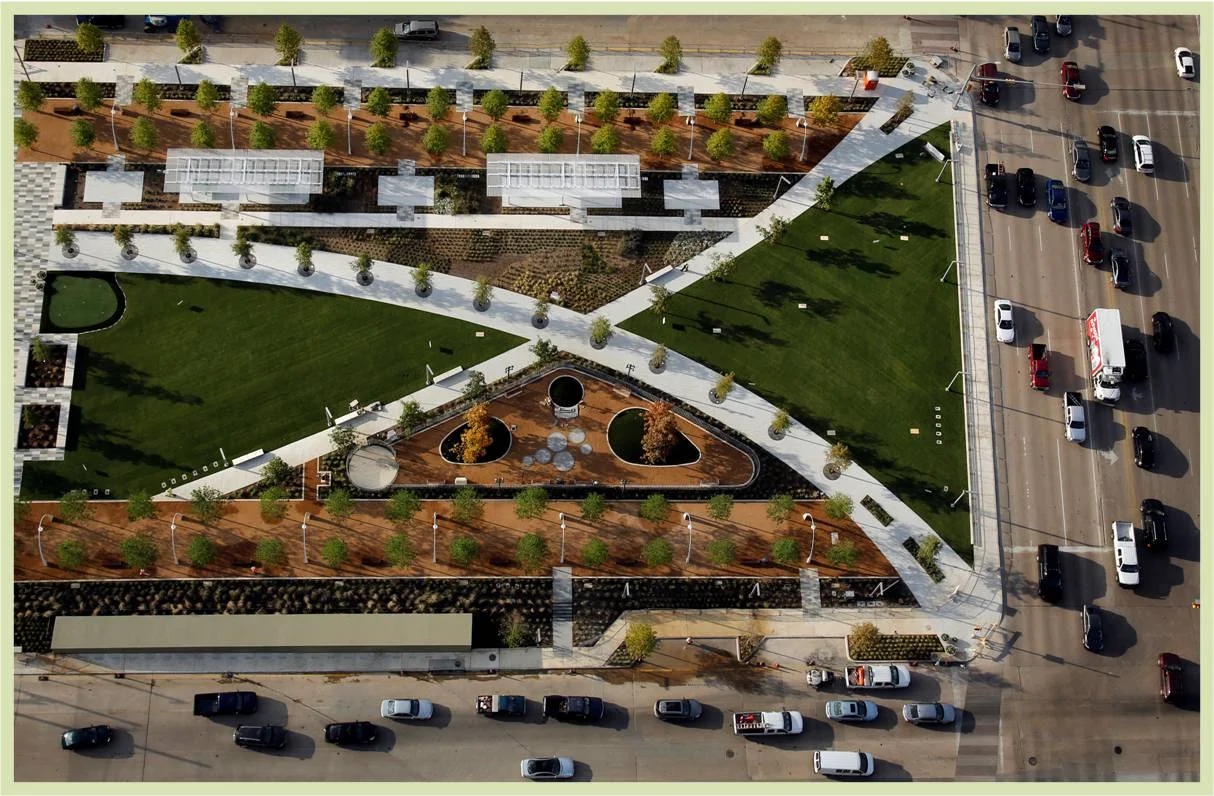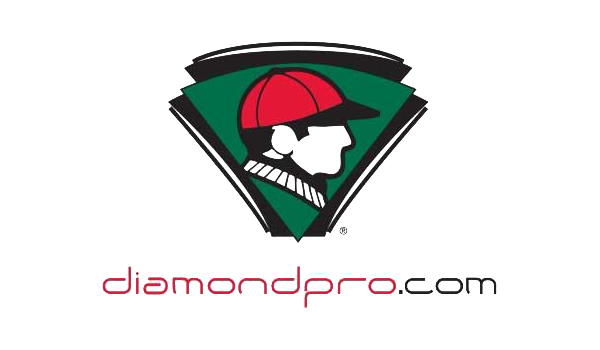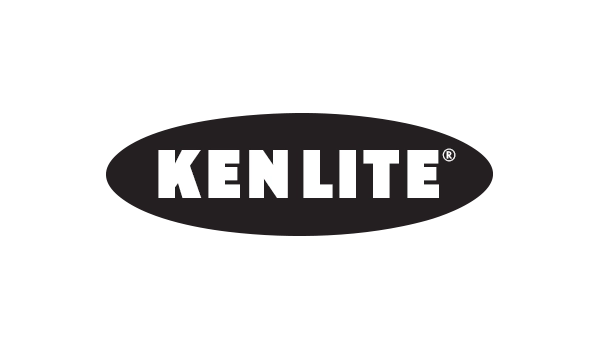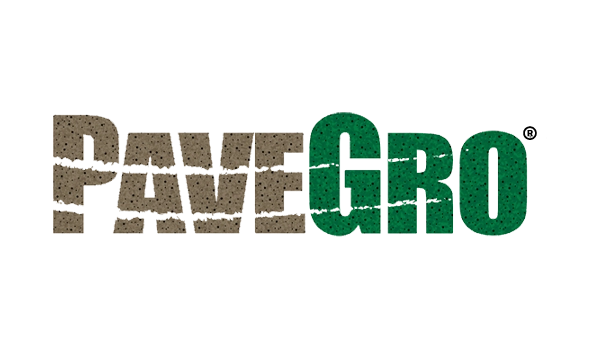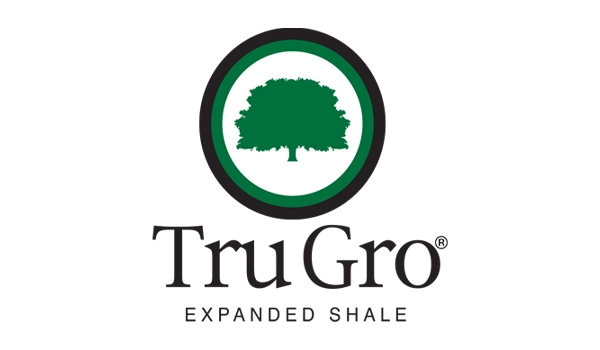Greenspace Atop a Freeway: Klyde Warren Park Demanded Expertise
Greenspace Atop a Freeway: Klyde Warren Park Demanded Expertise
Several years after its grand opening, Klyde Warren Park continues to be one of Dallas’s most celebrated public spaces—both for its beauty and for the engineering expertise that made it possible.
Built atop the sunken Woodall Rodgers Freeway, this 5.2-acre urban park has successfully connected the Dallas Arts District to the Uptown neighborhood while providing a vibrant green space for residents and visitors.
A Landmark Urban Park Project
The $110 million project was made possible through a public–private partnership involving the City of Dallas, the Texas Department of Transportation, the Federal American Road and Recovery Act, and private donors. Since completion, the park has spurred more than $1 billion in nearby development and remains financially self-sufficient while free to the public.
Its lush landscape features more than 37 native and adapted Texas plant species and over 300 trees. According to U.S. Forest Service estimates, over 50 years these trees will deliver significant environmental value:
- $700,000 in oxygen production
- $19.96 million in pollution control
- $12.07 million in recycled water
- $10.06 million in erosion control
Designing for Structure and Sustainability
Arcosa Lightweight supplied 17,000 cubic yards of expanded shale for the project. The material was a critical component in reducing structural load over the deck spanning the freeway. Working from the deck upward, engineers combined expanded shale with Styrofoam blocks to achieve the necessary fill depth (1.2 to 3.8 feet) while providing a free-draining, stable base for soils, plantings, and park amenities.
Expanded shale, weighing approximately 63 pounds per cubic foot—about half the weight of sand or gravel—was also used beneath concrete promenades and decomposed granite pathways. When confined and lightly compacted, it distributed loads effectively while keeping weight within structural limits.
Engineered Soils for Diverse Plantings
The park’s soil blend was specifically designed to meet weight, compaction, drainage, filtration, and plant growth requirements. Final specifications called for:
- 50% expanded shale
- 25% organic material
- 25% sand/soil mix
This porous, lightweight soil allowed for easier installation of plant material, irrigation, and structural elements. In the children’s play area, gently contoured mounds were formed by shaping pre-wetted soil blends, with the expanded shale’s moisture retention aiding in compaction and stability.
For large container plantings, a 33% organic, 33% expanded shale, and 33% sand mix was used—offering permanent root anchoring, drainage, and fertility benefits, similar to proven rooftop soil designs.
A Continuing Success Story
Today, Klyde Warren Park remains a model for urban deck parks, showcasing how lightweight aggregates like expanded shale can meet structural challenges while supporting vibrant, sustainable landscapes.







